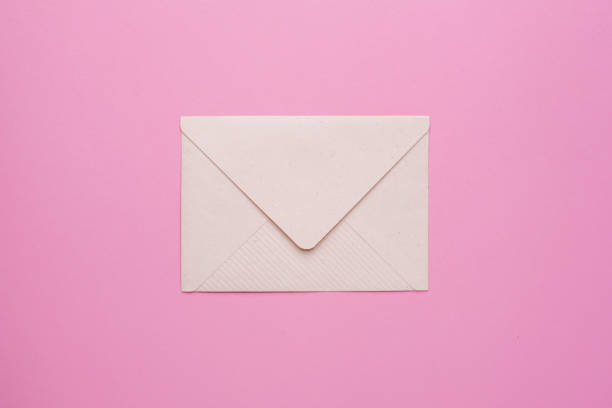To Lick or not to Lick (the Envelope), That is the Question
December 10, 2022
POV- You’ve just finished writing a heartwarming hand-written letter. Maybe it’s a birthday card, thank you note, or some other message requiring an envelope.
Now, you are faced with a dilemma. How do you seal your letter inside the envelope? What is the proper etiquette for activating the adhesive and closing it? Many have come up with their own remedies, but I am a firm believer in the simplest solution: Lick the envelope.
Anti-lickers out there will supply a number of reasons why they refuse to close their envelopes correctly. One of the most common reasons, which I had no idea about until researching this, is that people find the taste of the adhesive bad. What?????? Maybe this is a hot take or something, but envelopes taste amazing. I don’t know what they’re putting in that glue- it tastes sort of sweet while also having a cool texture. Whatever it is, I’m 100% here for it.
Another question anti-lickers will raise is whether or not licking envelopes is damaging to one’s health. The answer should be obvious. If licking envelopes was unsafe, then why would companies be allowed to sell them? Wouldn’t the government ban their use? There are two minuscule health concerns that almost aren’t even worth mentioning, but I’ll mention them anyways. If bacteria were to somehow contaminate the adhesive then that would naturally be unhealthy. This same principle goes for literally anything we eat though, so I see no reason why it should stop us from licking adhesive. Additionally, if one licks too many envelopes and ingests a large amount of glue, it can be dangerous. Once again, this is a silly concern. Many edible commodities are dangerous when taken to the extreme. You can be harmed by ingesting too much toothpaste, yet that doesn’t stop people from using it. Likewise, you can get salmonella from eating raw cookie dough, but that doesn’t stop people from chowing down on it. I’ll take the tiny risk of getting sick from an envelope if it means I get to enjoy its exquisite flavor.
Anti-lickers will similarly make arguments regarding the spread of germs from the licker to the recipient of the envelope. These are, once again, not factually based. This was actually relevant during the pandemic, as people wondered whether sending letters to each other would spread the virus. Thankfully, experts were quick to debunk this claim. Viruses like COVID can live on surfaces for a maximum of 72 hours. Furthermore, by the time it goes through the postal system and is opened by the recipient, much of the bacteria has likely died off already. So, lickers can rest assured that they won’t be sending germ-filled Christmas Cards to the family.
To be fair to the anti-lickers, there’s one downside to licking an envelope that I can sympathize with. I can’t explain why, but I’ve always had a fear of getting a paper cut on my tongue while licking an envelope (just thinking about it is giving me chills). Fortunately, this has never happened to me before, so I’m assuming the paper is designed in a way to prevent this horror from occurring.
If anti-lickers would propose an effective alternative to licking an envelope, I would be all for it. However, they fail to present any meaningful solutions. Some will lick their finger and use that to seal the envelope instead of licking it directly. I don’t understand what this accomplishes because you’re still spreading germs using this method. Other anti-lickers will instead wet their finger with water or use a wet sponge to activate the adhesive. This is by far the most impractical option, as there is a high likelihood that some of the water will spill onto the other parts of the envelope. There’s nothing worse than a clean, crisp envelope ruined by a repulsive water stain.
No other tactic works as efficiently as giving the adhesive a quick, friendly lick. It’s the way envelopes were designed, so give that envelope a lick and send it off!



tristan • Dec 14, 2022 at 5:04 pm
as an avid licker, I agree wholeheartedly. One tip to avoid the dreaded paper cut is to lick towards the edge of the paper… zero chance of injury.
Ben • Dec 14, 2022 at 11:46 am
true
Jaden • Dec 13, 2022 at 8:14 am
as a pro-licker i verify this article, anyone who goes all the way to the sink or gets a wet wipe to seal their envelope is a loser.